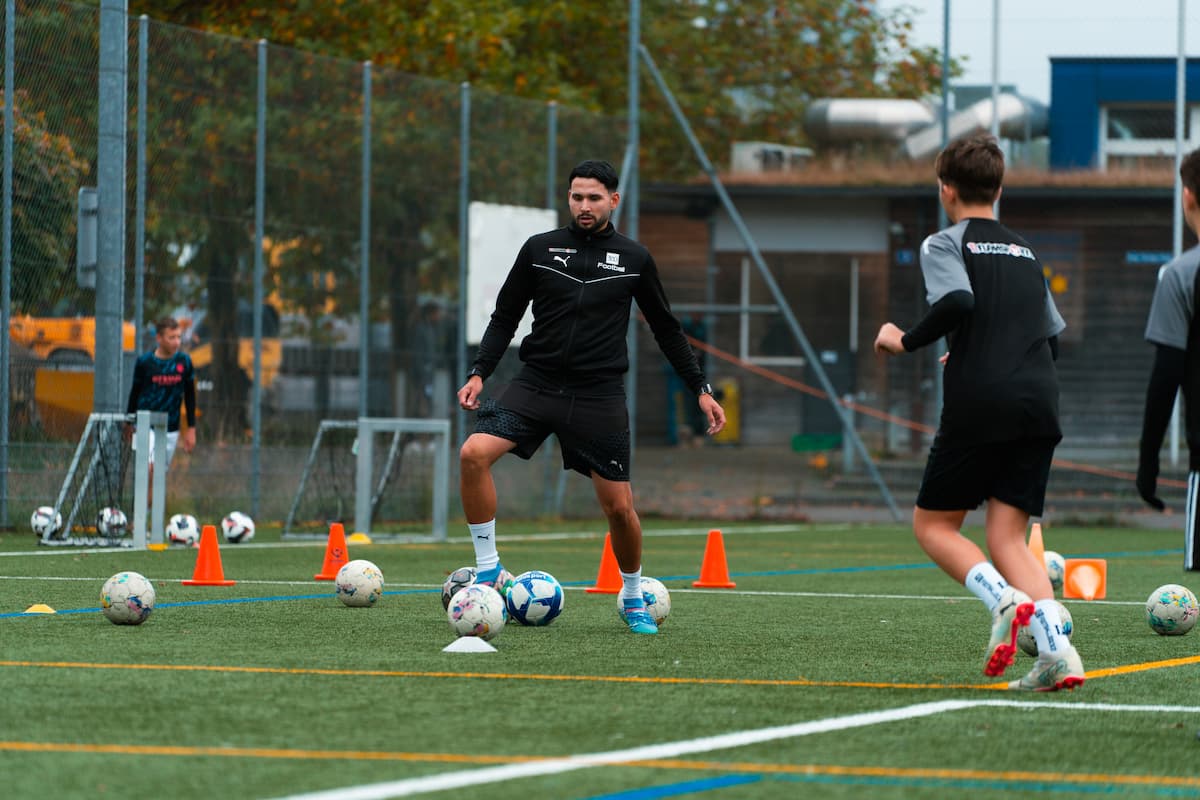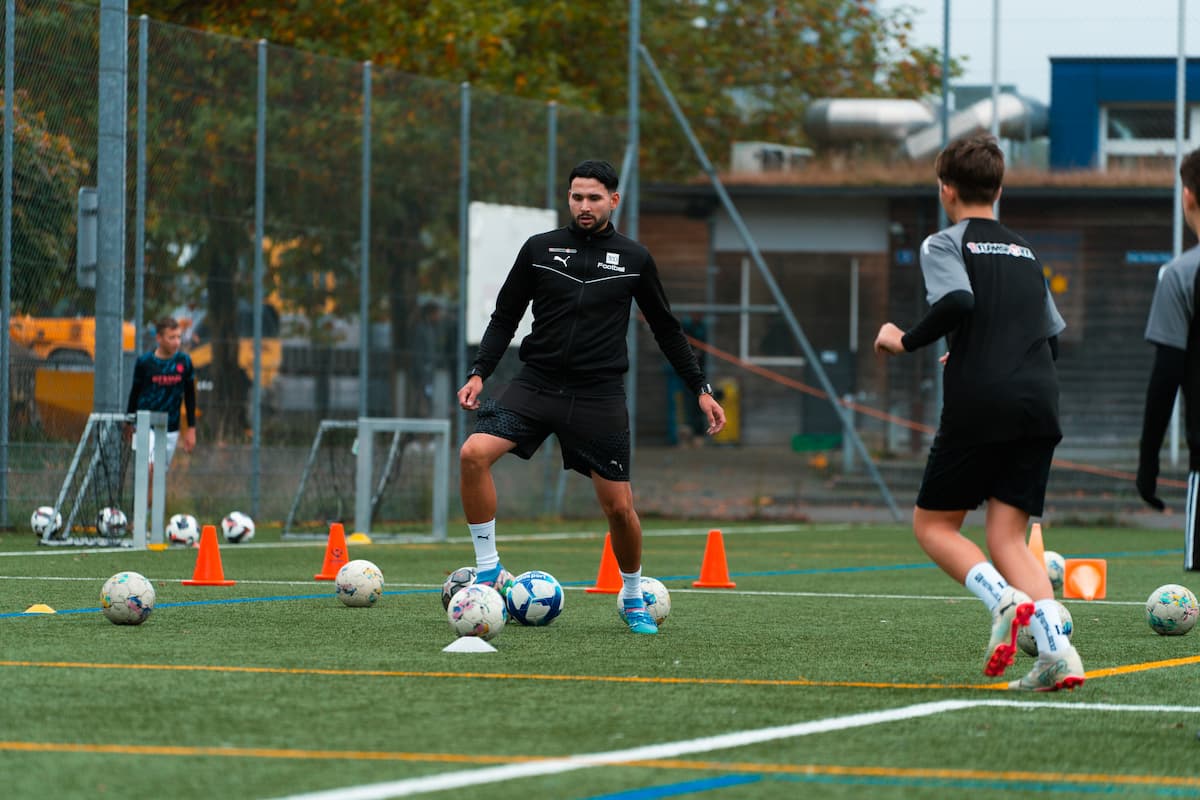Introduction
Football training is an essential part of developing and improving performance in football. The question of how often football training should take place per week concerns many young and adult football enthusiasts. The answer depends on various factors such as age, performance level and personal goals. This article provides a comprehensive overview of the optimal frequency of football training, taking into account the different needs and requirements of the players.
Factors that influence training frequency
age and developmental stage
Age and developmental stage play a crucial role in determining the frequency of training. Young players aged 6 to 12 should generally train two to three times a week. At this age, it is important that training is playful and that the focus is on basic technical skills and the enjoyment of the game.
Young people aged 13 to 18 can increase the training intensity to three to four times a week. The focus here should be on further developing technical and tactical skills as well as physical fitness.
Adults and professional players usually train four to five times a week, with additional games on the weekend. At this age, it's all about achieving and maintaining maximum performance.
performance level
The level of performance is another decisive factor. Leisure and hobby players need less training than performance-oriented and professional players. Training once or twice a week can be enough for hobby players to stay fit and enjoy the game.
Ambitious amateur players should train at least three times a week to improve their technical skills and physical condition. Professional players, on the other hand, need intensive and regular training sessions, often five to six times a week.
Personal goals
Personal goals also influence the frequency of training. Players who play football as a recreational activity have different requirements than those who play in higher leagues or aspire to a professional career. Anyone who decides to pursue a professional career in football must be prepared to invest more time and energy in training.
Structure and content of the training
Technical Training
Technical training includes exercises in ball control, dribbling, passing and shooting. These elements are fundamental to the development of every player, regardless of their level. Technical training should be integrated into every training session.
Tactical Training
Tactical training is particularly important for players aged 13 and over. It is about developing game strategies, improving understanding of the game and analyzing different game situations. Tactical training helps to strengthen decision-making skills on the pitch.
conditioning training
Conditioning training is essential for increasing endurance and physical fitness. It includes endurance running, interval training and strength training. Conditioning training is an essential part of the training plan, especially for players in higher leagues.
regeneration and injury prevention
Regeneration is an often underestimated aspect of training. Sufficient sleep, a balanced diet and targeted regeneration measures such as stretching and light recovery sessions are crucial to prevent injuries and maintain performance. Injury prevention should be included in every training plan in order to stay healthy and fit in the long term.
Examples of training plans
Training plan for young players (6-12 years)
- Monday: Technique training (ball control, dribbling)
- Wednesday: Game forms and small games
- Friday: Coordination and mobility
Training plan for young people (13-18 years)
- Monday: Technical training (passing, shooting)
- Tuesday: Tactical training (game strategies)
- Thursday: Conditioning training (endurance, interval training)
- Friday: Game forms and match simulations
training plan for adults and professionals
- Monday: Technical and tactical training
- Tuesday: Conditioning training and strength training
- Wednesday: Game forms and match preparation
- Thursday: Technical and tactical training
- Friday: Regeneration and light technical training
- Saturday: Matchday or intensive training
- Sunday: Rest or light regeneration training
Conclusion
The optimal training frequency in football depends on various factors, including age, performance level and personal goals. A well-structured training plan that takes into account technical, tactical and conditioning aspects as well as regeneration and injury prevention is crucial for long-term success and development in football. At 360Football, we offer tailor-made training plans and professional support to optimally support players of all ages and performance levels.
training program "LevelUpYourGame"
At 360Football we offer a special program called the "LevelUpYourGame" training plan . This program is designed to take your football skills to the next level. It includes tailor-made training plans that are tailored to your individual needs and goals. Our experienced coaches will accompany you through every training phase and ensure that you reach your maximum performance. Benefit from our expertise and start training today that will really help you progress.



